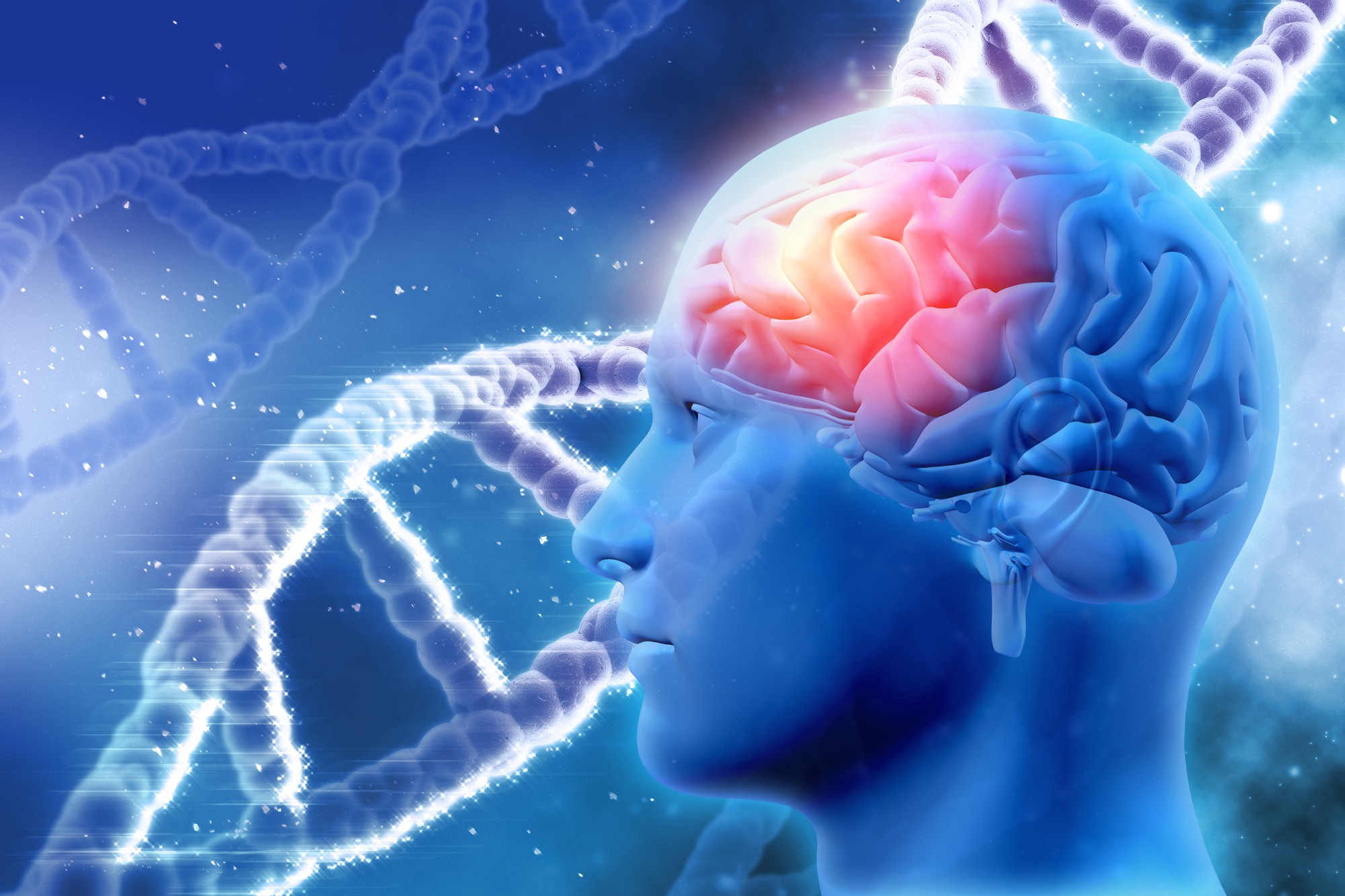Description:
Ayurvedic Consultation for Neurological Disorders
Neurological disorders are a growing concern in today's fast-paced world, affecting millions of people worldwide. These disorders can range from common conditions like headaches and migraines to more severe issues such as epilepsy, Parkinson's disease, and multiple sclerosis. While modern medicine offers valuable treatments, many individuals are seeking alternative approaches to managing and even preventing neurological disorders. Ayurveda, an ancient system of medicine, provides a holistic and natural approach to addressing these issues through personalized consultations and treatments.
In Ayurveda, neurological disorders are seen as imbalances in the body's doshas, or fundamental energies: Vata, Pitta, and Kapha. These imbalances can manifest as various neurological symptoms.
Ayurvedic Consultation Process
· Assessment: The first step in an Ayurvedic consultation for neurological disorders is a comprehensive assessment of the patient's overall health. Ayurvedic practitioners consider not only the physical symptoms but also the patient's emotional and mental state. This holistic approach helps in identifying the root cause of the disorder.
· Dosha Analysis: The practitioner will analyze the patient's dosha constitution and assess any imbalances. Neurological disorders are often associated with Vata dosha imbalances, which can cause issues like anxiety, restlessness, and tremors.
· Diet and Lifestyle: Based on the dosha analysis, the practitioner will provide dietary and lifestyle recommendations. This may include specific foods to balance the doshas and lifestyle modifications to reduce stress, which can exacerbate neurological symptoms.
· Herbal Remedies: Ayurveda employs a wide range of herbal remedies to address neurological disorders. These herbs can help calm the nervous system, improve cognitive function, and reduce inflammation. Common herbs used include Ashwagandha, Brahmi, and Shankhpushpi.
· Yoga and Meditation: Incorporating yoga and meditation practices can be highly beneficial for neurological disorders. These practices help improve mental clarity, reduce stress, and enhance overall well-being.
· Panchakarma: In severe cases or chronic conditions, Ayurvedic practitioners may recommend Panchakarma, a detoxification therapy. Panchakarma involves a series of cleansing treatments to remove toxins from the body and restore balance.
Benefits of Ayurvedic Consultation
· Personalized Approach: Ayurvedic consultations are highly individualized. Treatment plans are tailored to the patient's unique constitution and condition, promoting effective and long-lasting results.
· Natural Healing: Ayurveda relies on natural remedies and therapies, minimizing the use of synthetic drugs and their potential side effects.
· Holistic Well-being: Ayurveda doesn't just focus on symptom relief but aims to restore balance in the entire body, leading to improved overall health.
· Prevention: Ayurvedic consultations not only treat existing neurological disorders but also emphasize prevention through healthy lifestyle choices and practices.
Ayurvedic consultation for neurological disorders offers a holistic and natural approach to managing and preventing these conditions. By addressing the root causes of neurological imbalances and promoting overall well-being, Ayurveda provides a path to a healthier and more balanced life. If you or a loved one is dealing with neurological issues, consider exploring Ayurvedic consultation as a complementary approach to your existing medical care. Always consult with qualified Ayurvedic practitioners for the best guidance and care tailored to your unique needs.
Causes:
- null
Symptoms:
- null


